It’s obvious to pop-culture or comic book fans from the book’s title, Along Came A Radioactive Spider, that Spider-Man is central to the plot of the story. The book’s subtitle, Strange Steve Ditko and the Creation of Spider-Man, fills in some of the blanks and might introduce some elementary school-age readers to the other man behind the spider. He was the peanut butter to Stan Lee’s chocolate and the man who helmed the illustrated manifestation of Spider-Man, Steve Ditko. This illustrated book moves with the same kinetic energy as a great comic book in presenting the strange aspect of how Ditko was perceived and his impact on the publishing world.
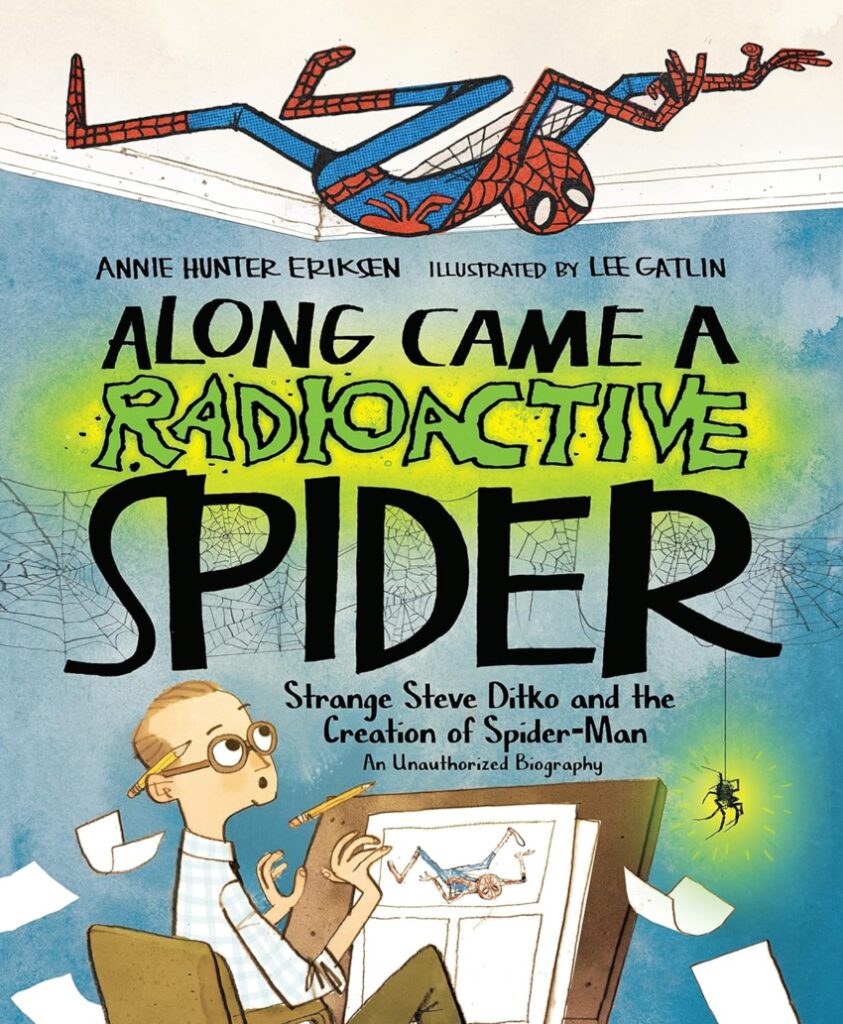
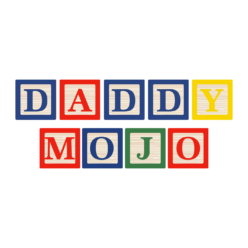
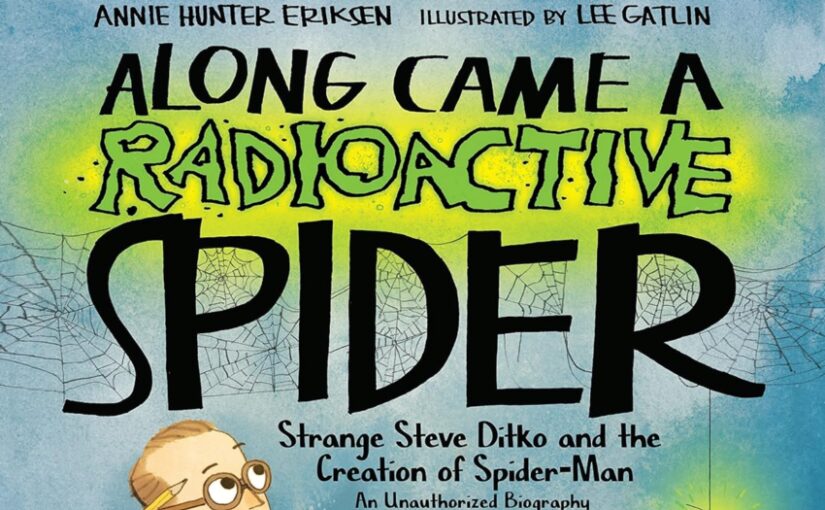
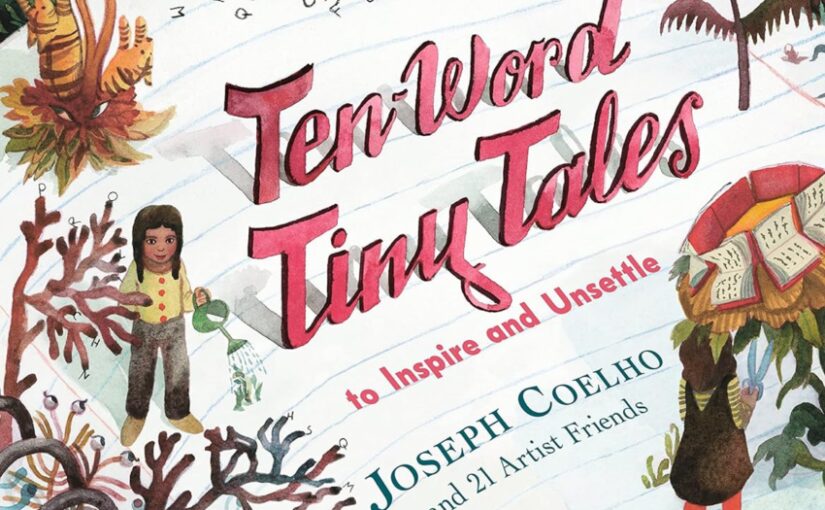
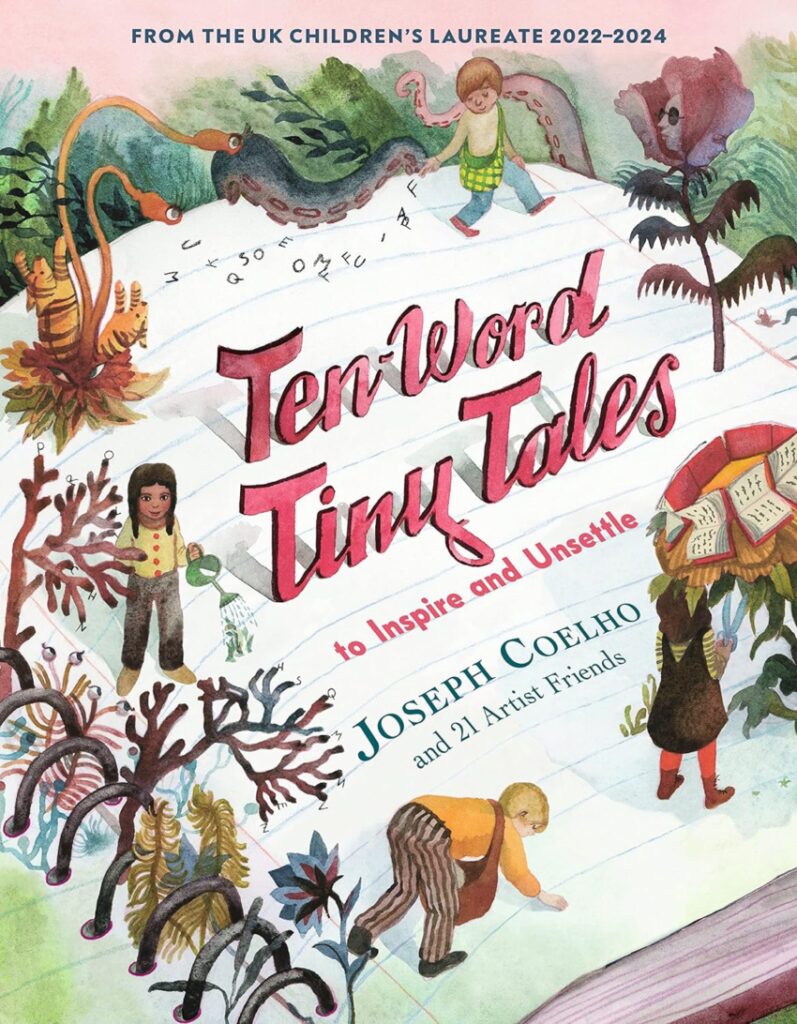
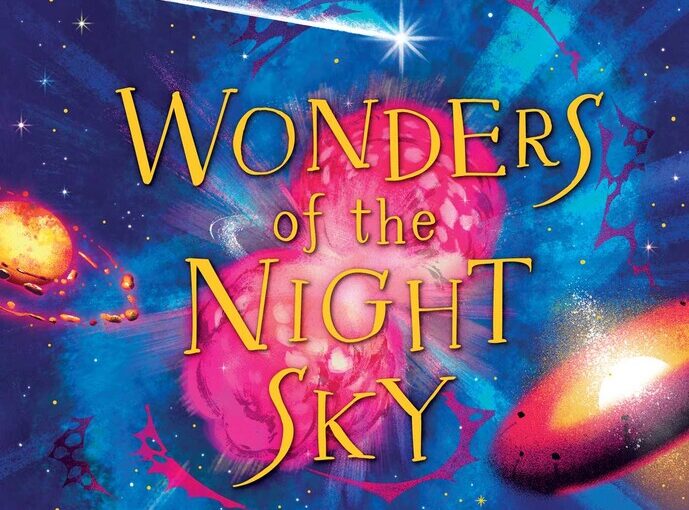
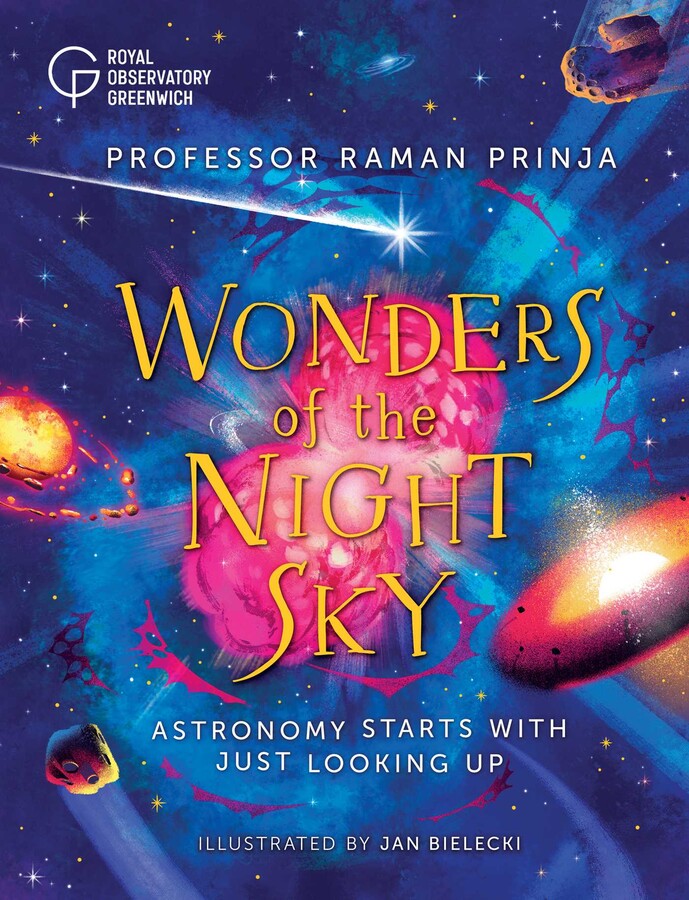
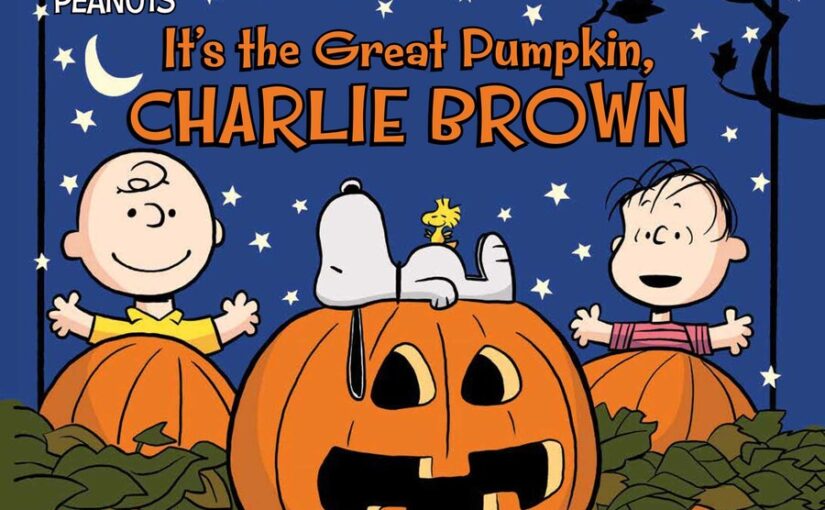
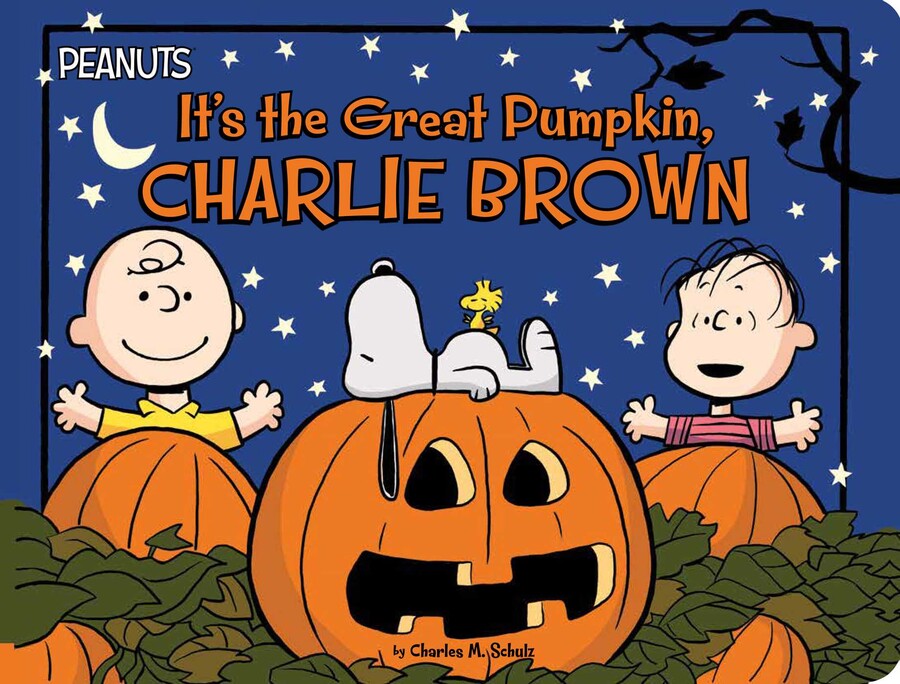


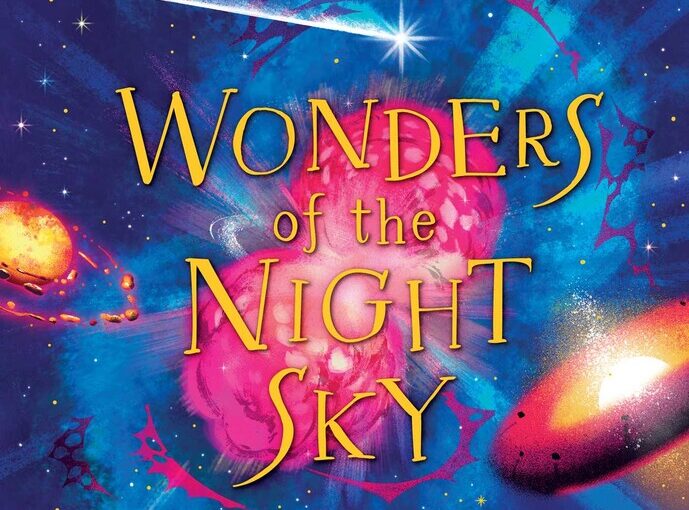
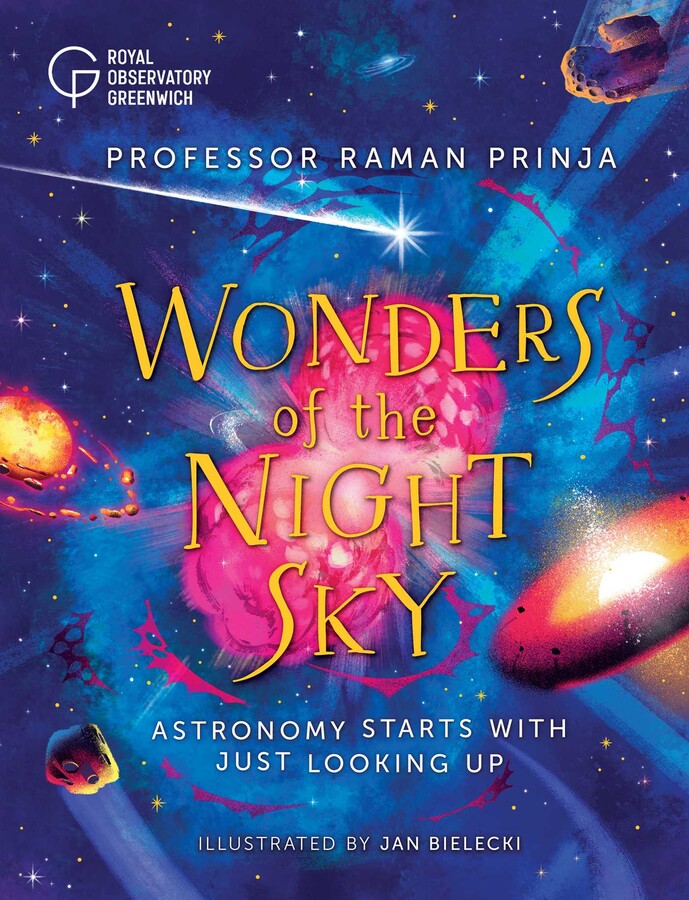
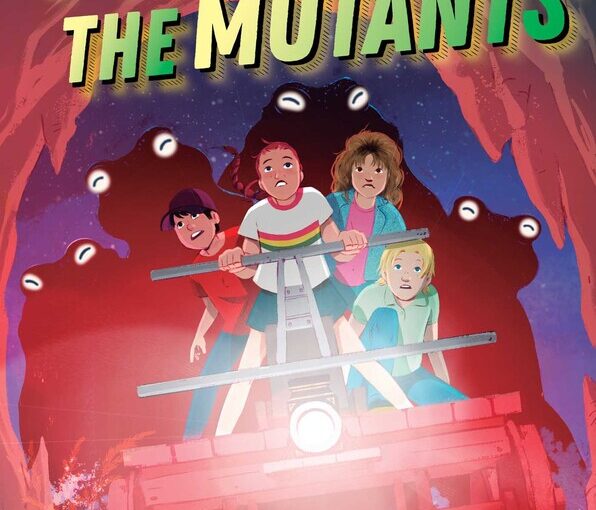
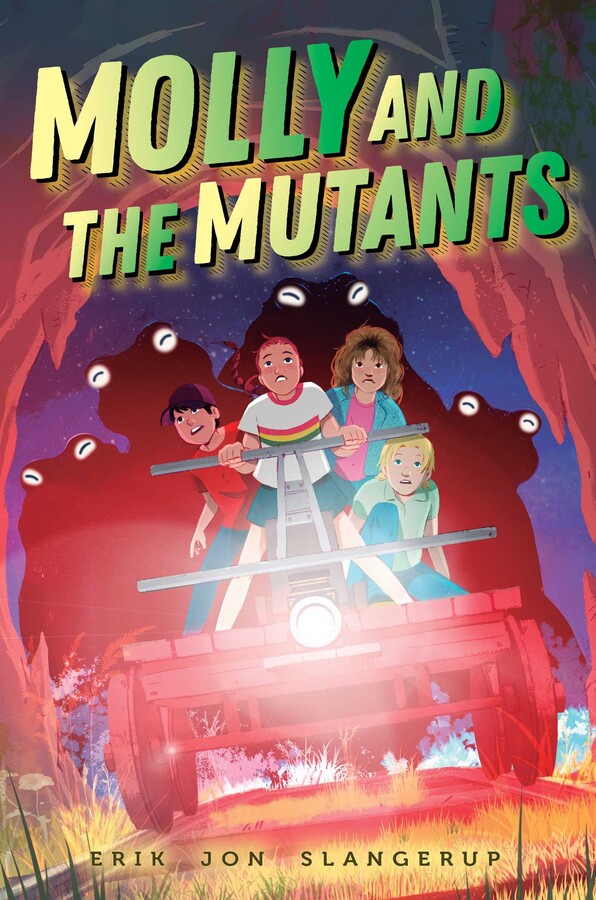

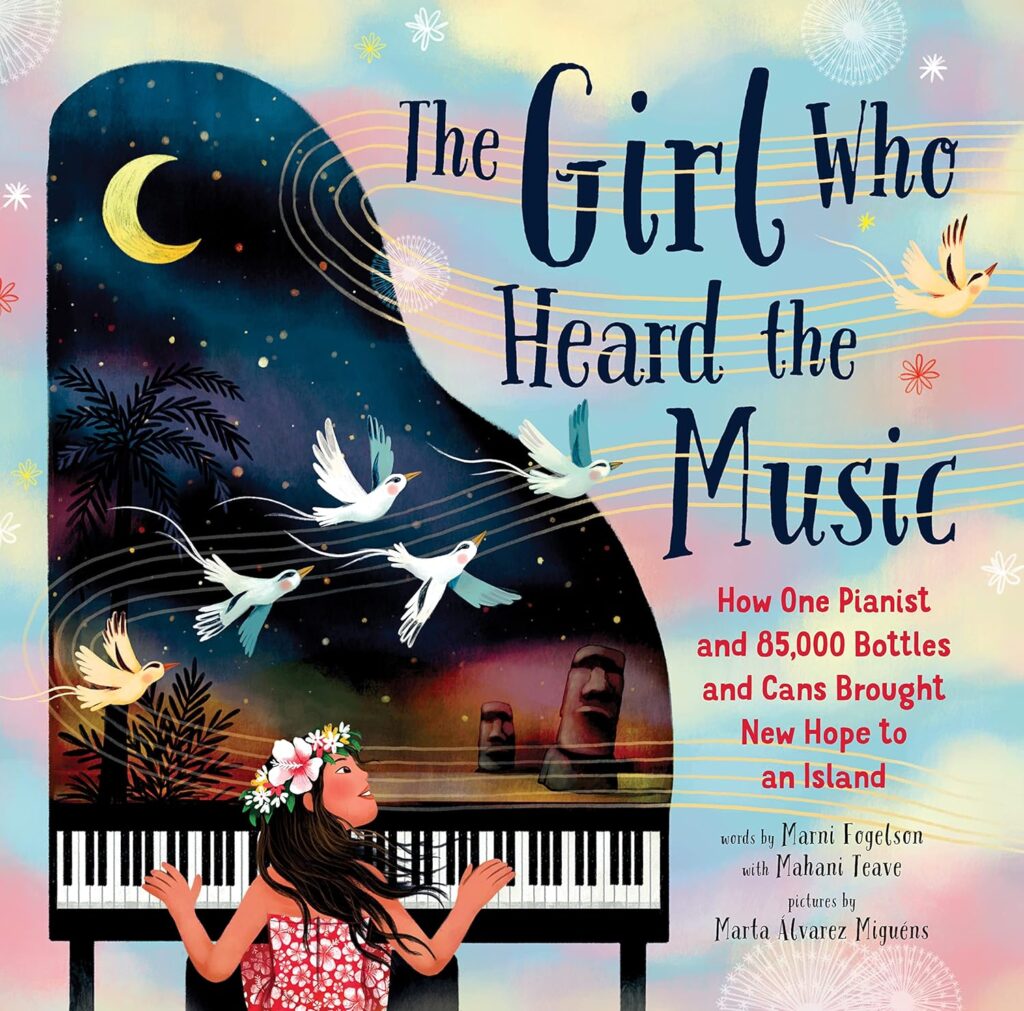


 Facebook
Facebook Twitter
Twitter Flickr
Flickr GooglePlus
GooglePlus Youtube
Youtube